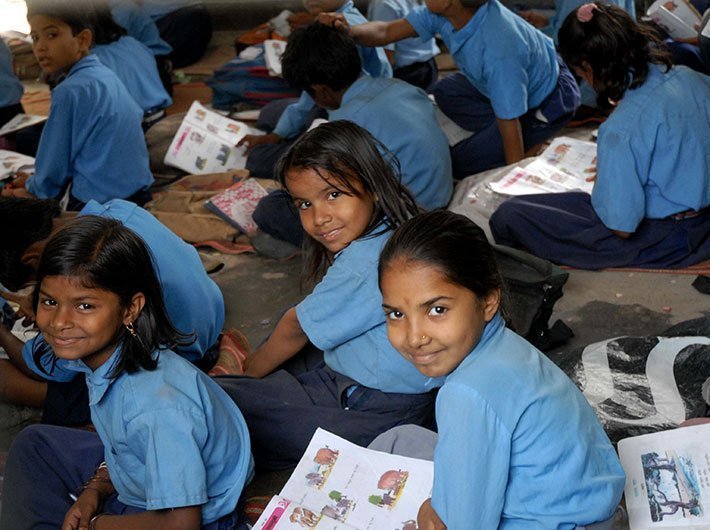A representative panel of 1,297 villages found almost 24% of rural teachers were absent during unannounced school visits in 2010, says UNESCO report
UNESCO’s latest report on education has put the spotlight on a host of issues, including teachers’ absenteeism.
Global Education Monitering Report 2017 said that In India, estimates differed among studies on absenteeism of teachers. A representative panel of 1,297 villages found almost 24% of rural teachers were absent during unannounced school visits in 2010. Another study of 619 schools in six states found 18.5% of teachers absent: 9% on leave, 7% on official duties and 2.5% on unauthorized absence. Effective policy responses are complicated by the many factors influencing teacher absenteeism, e.g. distance to school, pupil/teacher ratio and poor working conditions.
It said that fixed-term contracts have increased sharply in India and parts of sub-Saharan Africa, where younger, undertrained and underpaid teachers are hired locally and often teach in the more remote and marginalized areas.
The report noted that multiple conditions must be present to foster effective community monitoring of teachers. Community members and teachers should be involved in deciding criteria and in designing the accountability mechanism. Roles and responsibilities must be clearly defined, and relevant information shared. A review of community monitoring in Benin, India, Liberia, Mexico, Pakistan and Uganda emphasized the importance of providing communities with adequate information to enable monitoring and of community motivation to engage. In India, the Annual Status of Education Report summarizes learning processes in a manner that gives illiterate parents the information necessary to engage in community accountability efforts.
“Most use of technology focuses on reducing teacher absenteeism. In Udaipur, India, students used cameras with tamper-proof dates to photograph their teachers at the start and close of the day. Initial research suggested that this, jointly with the financial incentives provided, helped decrease absenteeism,” said the report.
“India’s 2016/7 economic survey recommended using biometrics to tackle teacher absenteeism in primary schools. However, the suggestion was met with protests from teachers, along with technical implementation challenges,” it added.
The 2013 National Food Security Act in India legally guarantees universal feeding programmes for pre-school and school children aged 6 months to 14 years
The report went on to say that private tutoring is especially prevalent among wealthier urban households. In India, in 2007/8 about 40% of urban secondary students received private tutoring, compared with about 26% of rural students. Better-educated households in urban areas with children attending private schools were more likely to pay for private tutoring.
On Aakash tablet project, the report said it was a public-private partnership that, “due to inadequate government enforcement, ended up primarily benefiting the vendor. The 2010 project aimed to provide cheap tablets to students at all levels. DataWind, the winner of the project bid, provided a fraction of the promised tablets and had multiple technical issues. An audit found failures in the initial procurement process, including delays and lack of transparency, and assigned primary responsibility to the public institution managing the project.”
In some countries, there are calls to keep regulations at a minimum to increase institutional flexibility and promote private participation. An analysis of the regulatory framework of India’s rapidly expanding higher education system argued that regulations were numerous, costly, rigid and tough to navigate. It recommended streamlining regulations and eliminating duplication.
A survey of Commonwealth countries showed that, in 2006, women were the executive heads in 9% of 107 higher education institutions in India and just 1% of 81 higher education institutions in anglophone sub-Saharan African countries. The shares increased to 20% and 13%, respectively, for the position of dean and to 23% and 18% for the position of department head or director.
